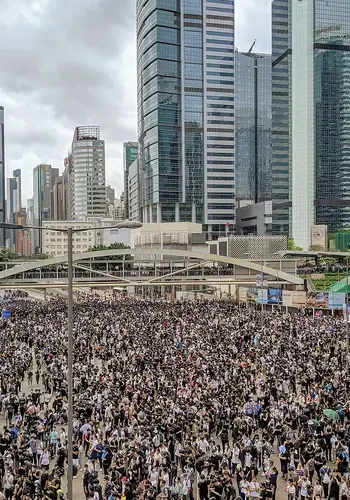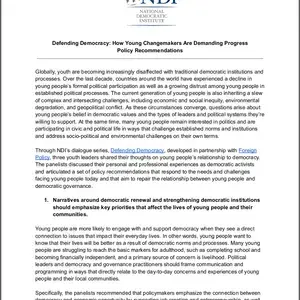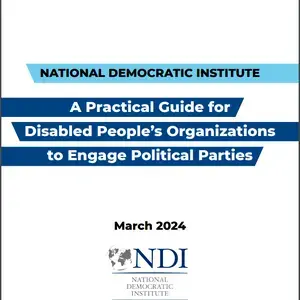There were split views on whether Beijing or Hong Kong should be the seat of decision-making in Hong Kong. When asked whether Hong Kong, Beijing or both should be the seat of decision making, the largest proportion of respondents wanted Hong Kong to be the sole seat of decision making (42 percent). In total, 77 percent of respondents wanted Hong Kong to either be the sole seat of decision making or equal to Beijing in governing the city. Those born in Hong Kong were much more likely to support Hong Kong as the seat of decision making and also support pro-democracy sentiments, such as disagreement with the disqualification of pro-democracy lawmakers and the postponement of the LegCo election, and more likely to consider leaving the city based on the results of the upcoming LegCo election. However, there were a few areas where the majority of all Hong Kong residents agreed: that they lack confidence in a free and equal election for LegCo candidates and maybe most importantly, that the 2021 LegCo elections is likely a pivotal moment in determining Hong Kong’s future.
Furthermore, one finding in particular is critical in consideration of recent developments: the correlation between the type of media consumed and respondent opinion of candidates’ ability to participate in a free and equal election. Those who lacked confidence in the elections trusted social media the most overall for news and trusted Apple Daily the most among various newspaper sources. Since NDI’s poll was conducted, Apple Daily was forced to shut down, ceasing all publication despite a large display of public support. In addition, an Israeli company, Wix, was pressured to remove pro-democracy online content published by the Hong Kong diaspora community. Limiting access to certain media pushes a pro-Beijing and anti-pro-democracy narrative over allowing citizens access to a variety of perspectives to form their own opinion on the health of Hong Kong’s political system.
This survey reveals critical information that can help decipher the rapid changes occurring in the Hong Kong political, social and governance structure, such as the following critical findings:
- Democracy in decay: The majority of Hong Kongers can see the decay of democratic and fundamental freedoms in the city and, whether they support the recent reforms or not, recognize the city is at a pivotal moment that will determine its democratic or authoritarian future.
- Rigged election process: There is an overarching narrative of citizen concern for the durability of Hong Kong’s democratic process, with the majority believing it is not possible for candidates to campaign in a free and equal election environment.
- Impending exodus: People born in Hong Kong are more democratic leaning compared to those not born in Hong Kong and the reforms are leading to a much larger proportion of them considering leaving the city if the LegCo election results do not align with their political beliefs.
- Media sources matter: Those who trust social media networks for news, especially Facebook and Instagram, are much more likely to support pro-democracy stances; meanwhile, those who trust TV news sources the most are more likely to support pro-Beijing positions.
- Censorship on rise: The Hong Kong government is willing to censor pro-democracy news sources which foreshadows decreased media and internet freedom within the city.
In addition to the societal and governance changes captured in this survey, new developments have already rapidly occurred. This includes electoral system changes in March 2021, the spike in sentencing of pro-democracy figures through early 2021 and the shutting down of Apple Daily in June 2021, one of the most trusted news sources in Hong Kong. These changes bring new significance to data on trust in the electoral process and in media sources. This report is a necessary step to decipher the complex political environment in Hong Kong and inform the multitude of domestic and international stakeholders engaged in discussions on Hong Kong. It can help ensure differing resident perspectives are equally available and incorporated in all discussions despite increased censorship.
NDI is a non-profit, non-partisan, non-governmental organization that works in partnership around the world to strengthen and safeguard democratic institutions, processes, norms and values to secure a better quality of life for all. NDI envisions a world where democracy and freedom prevail, with dignity for all.




